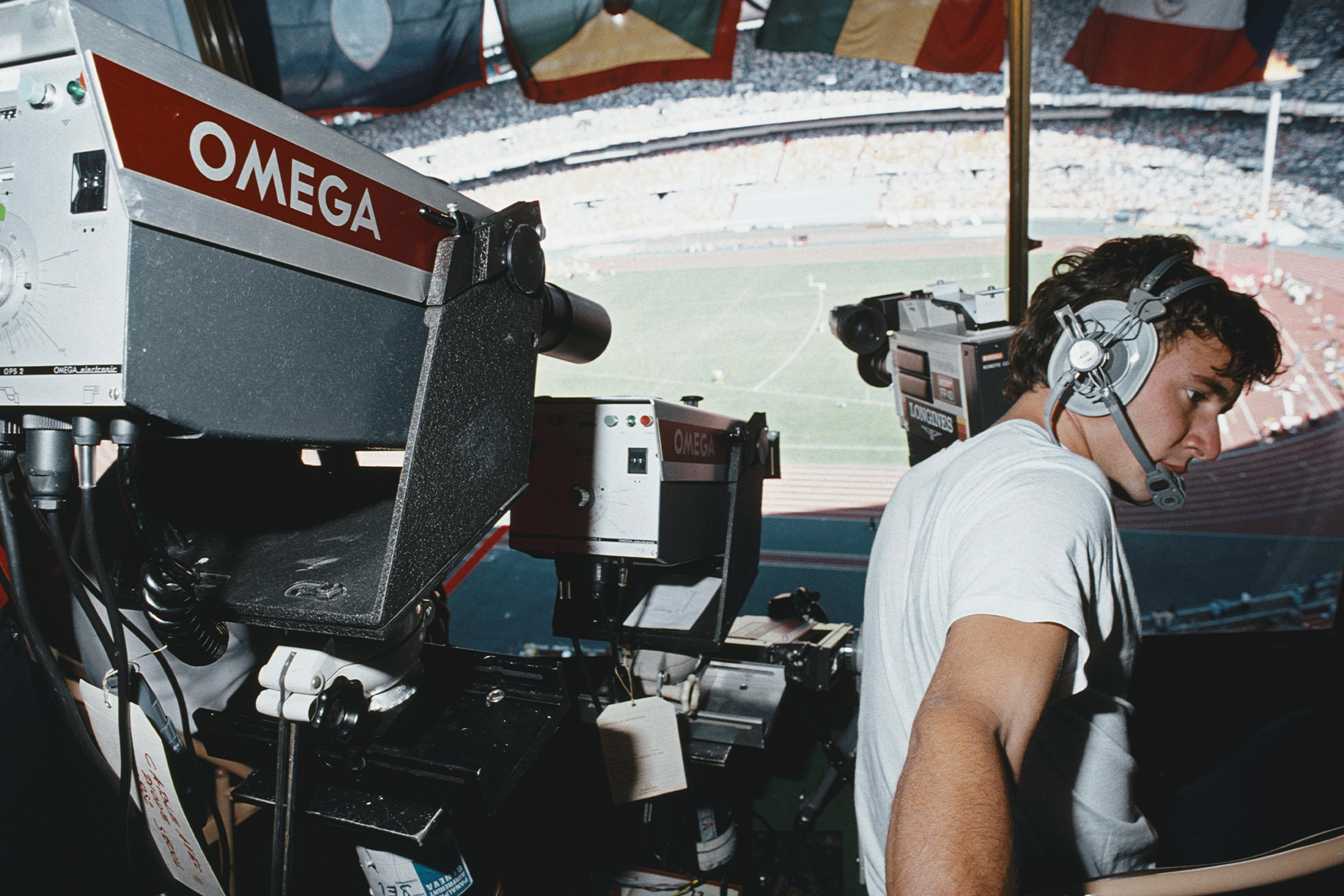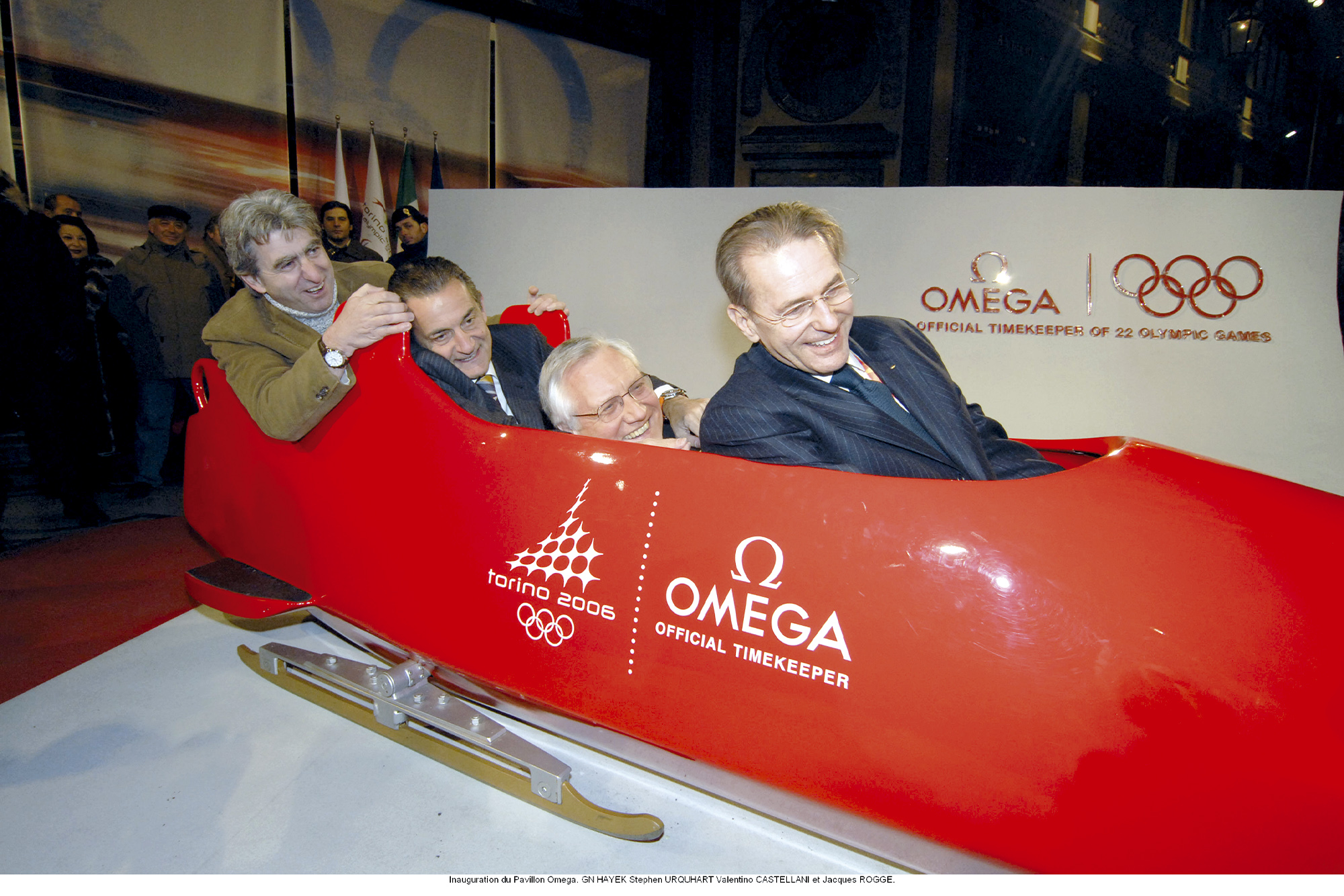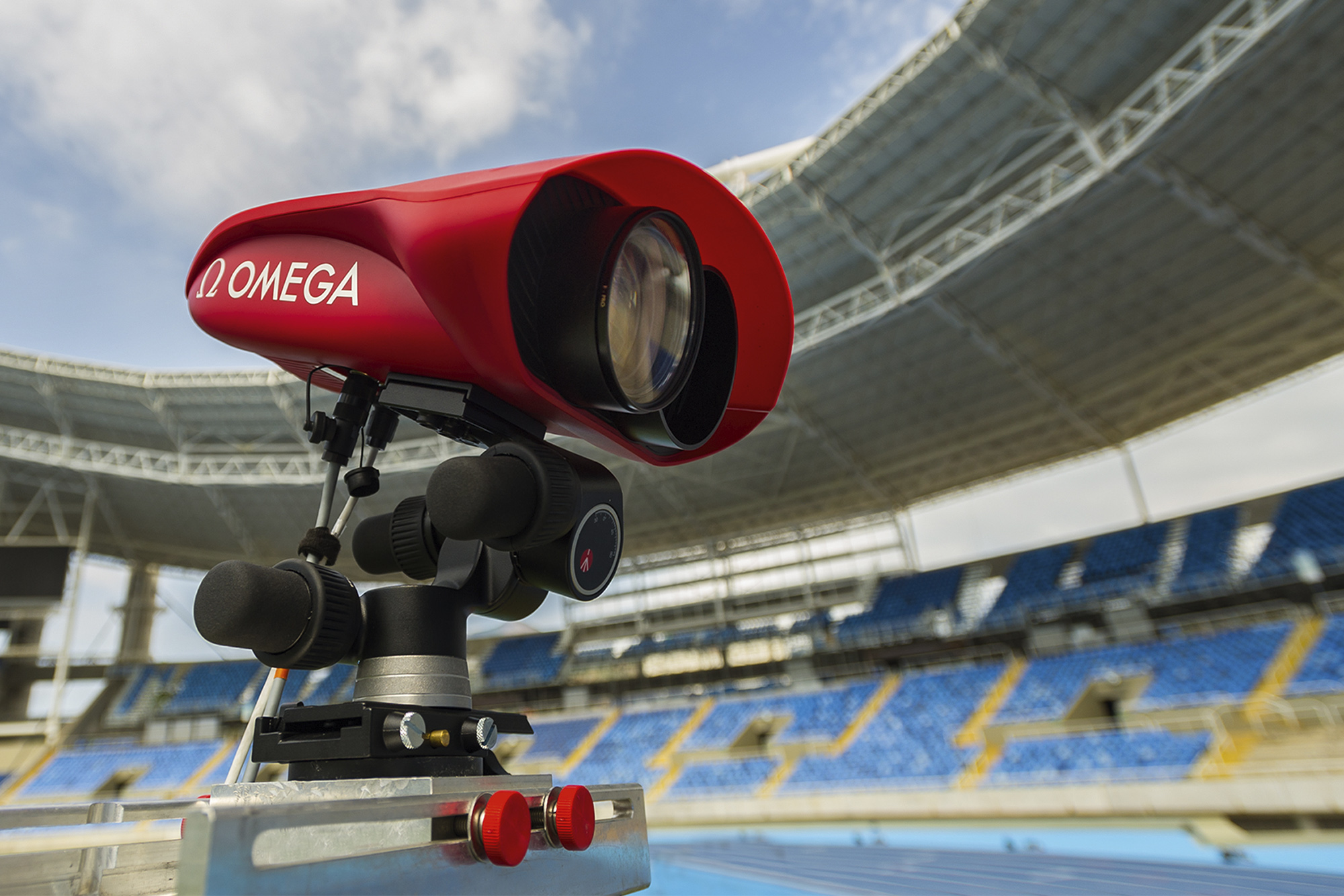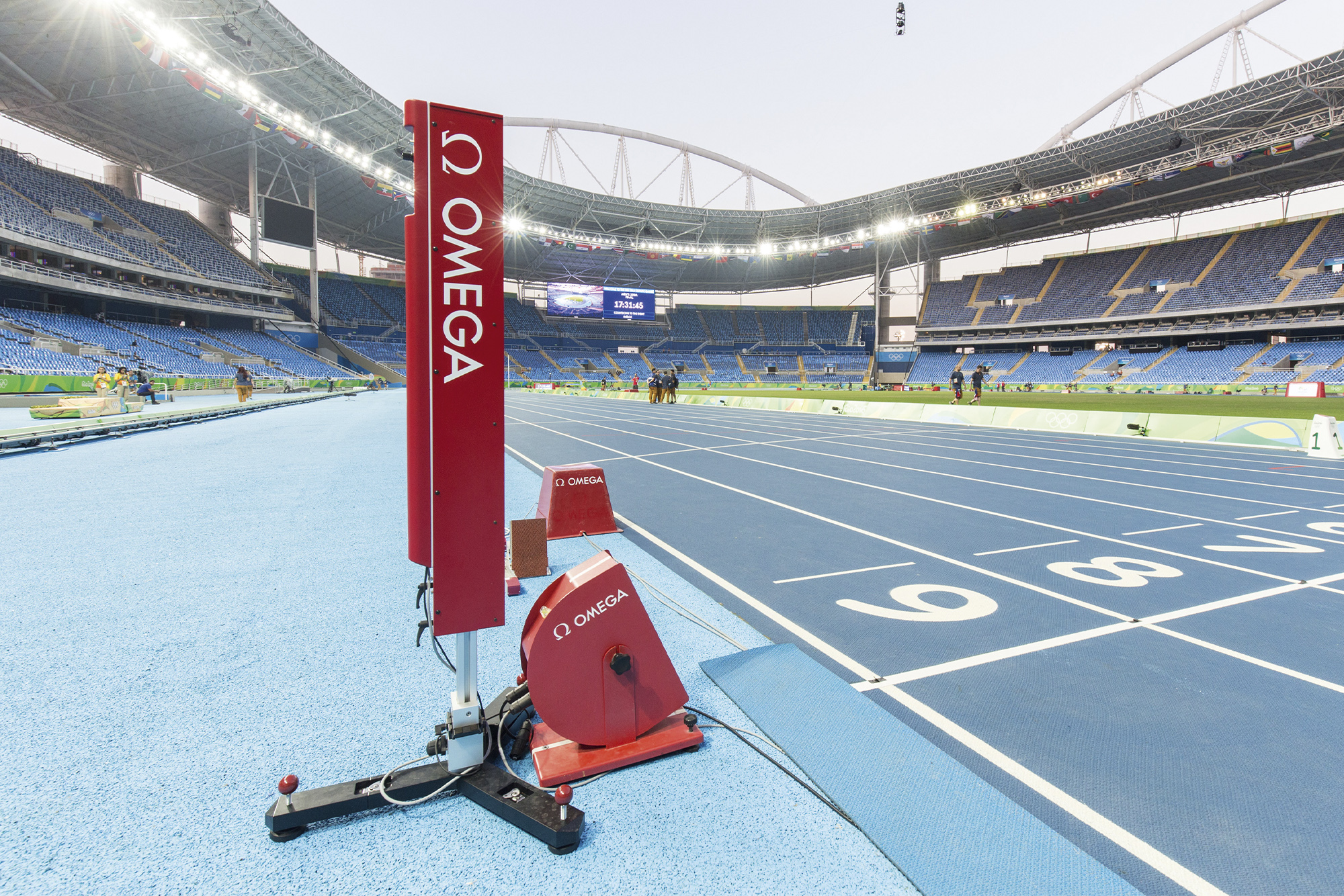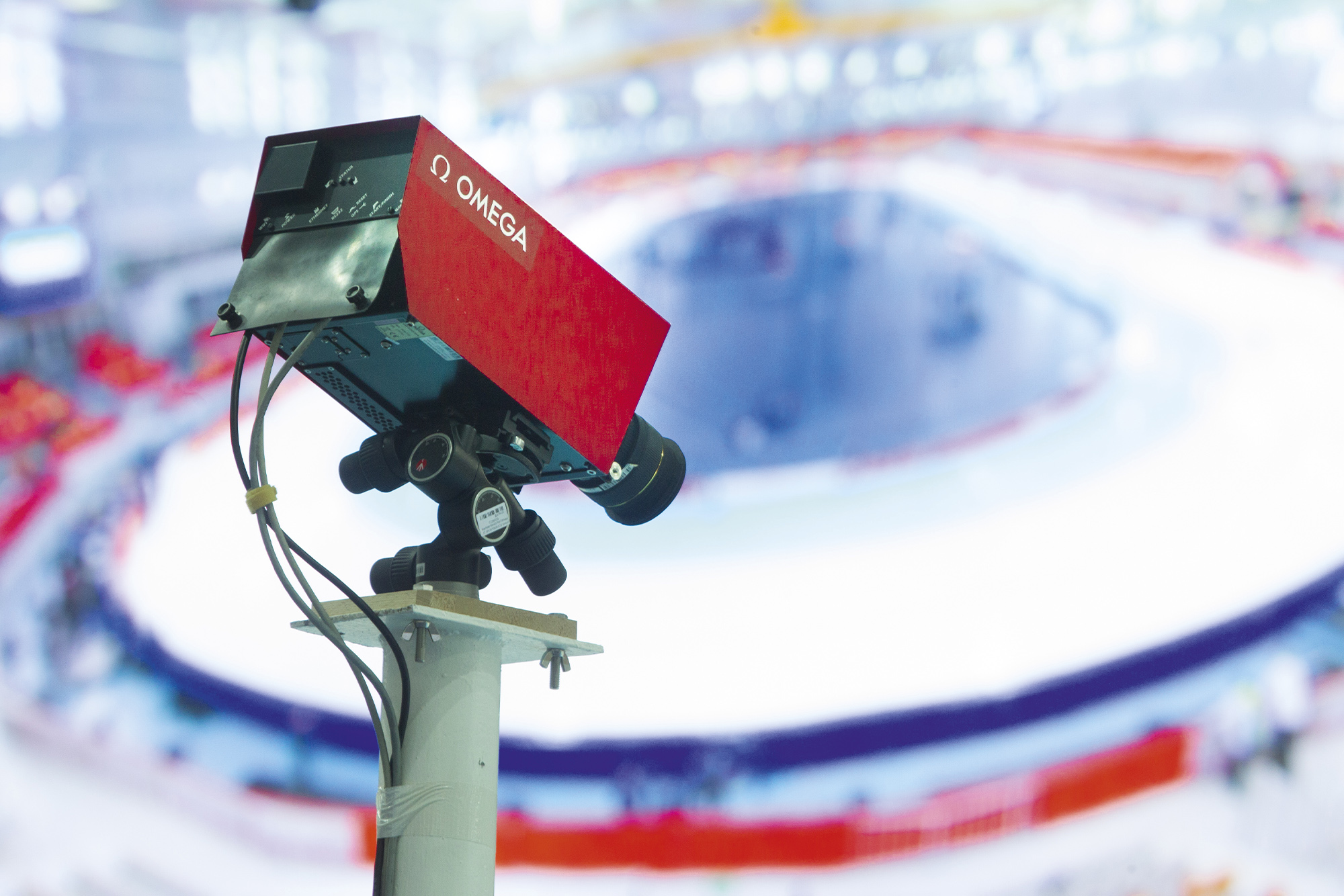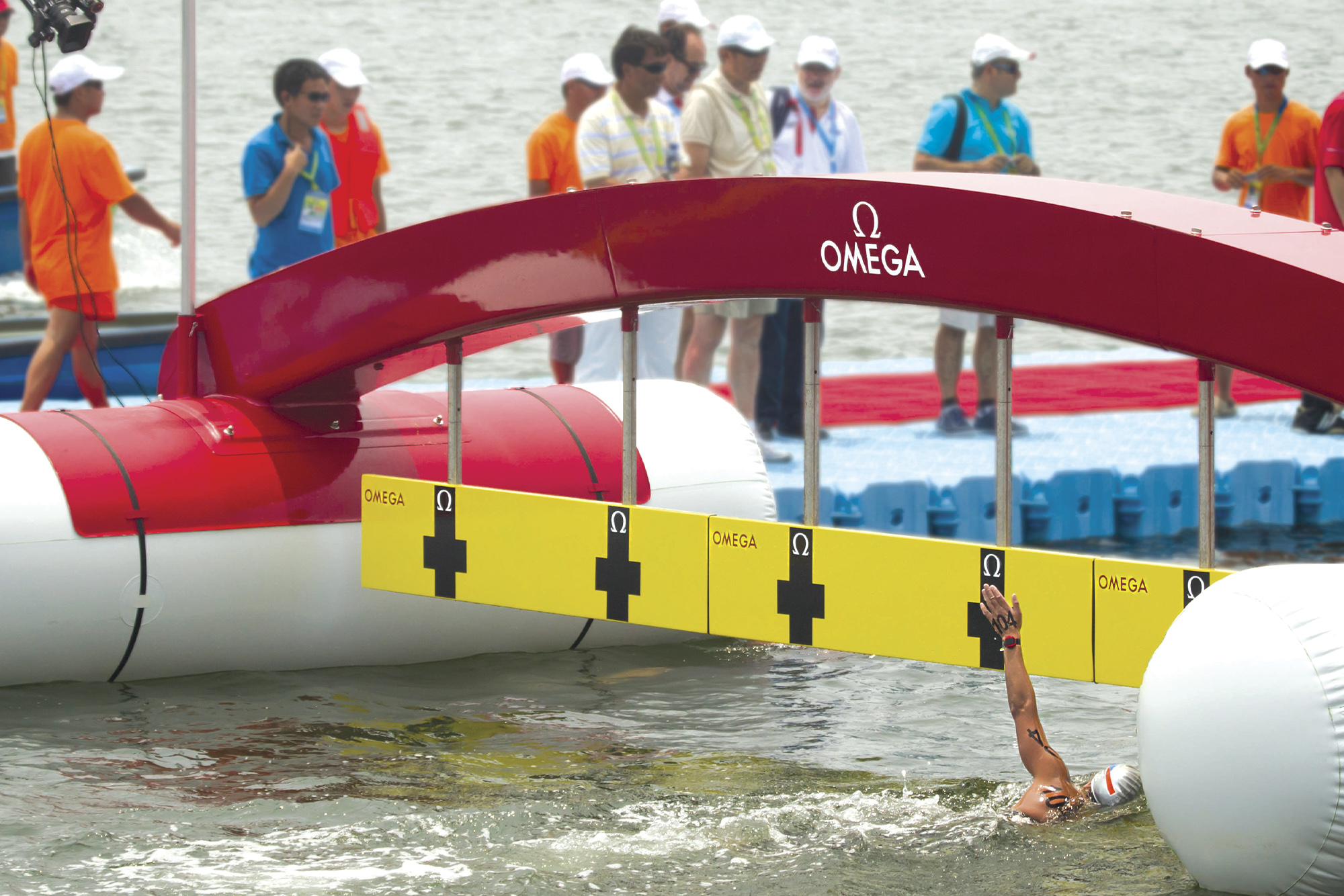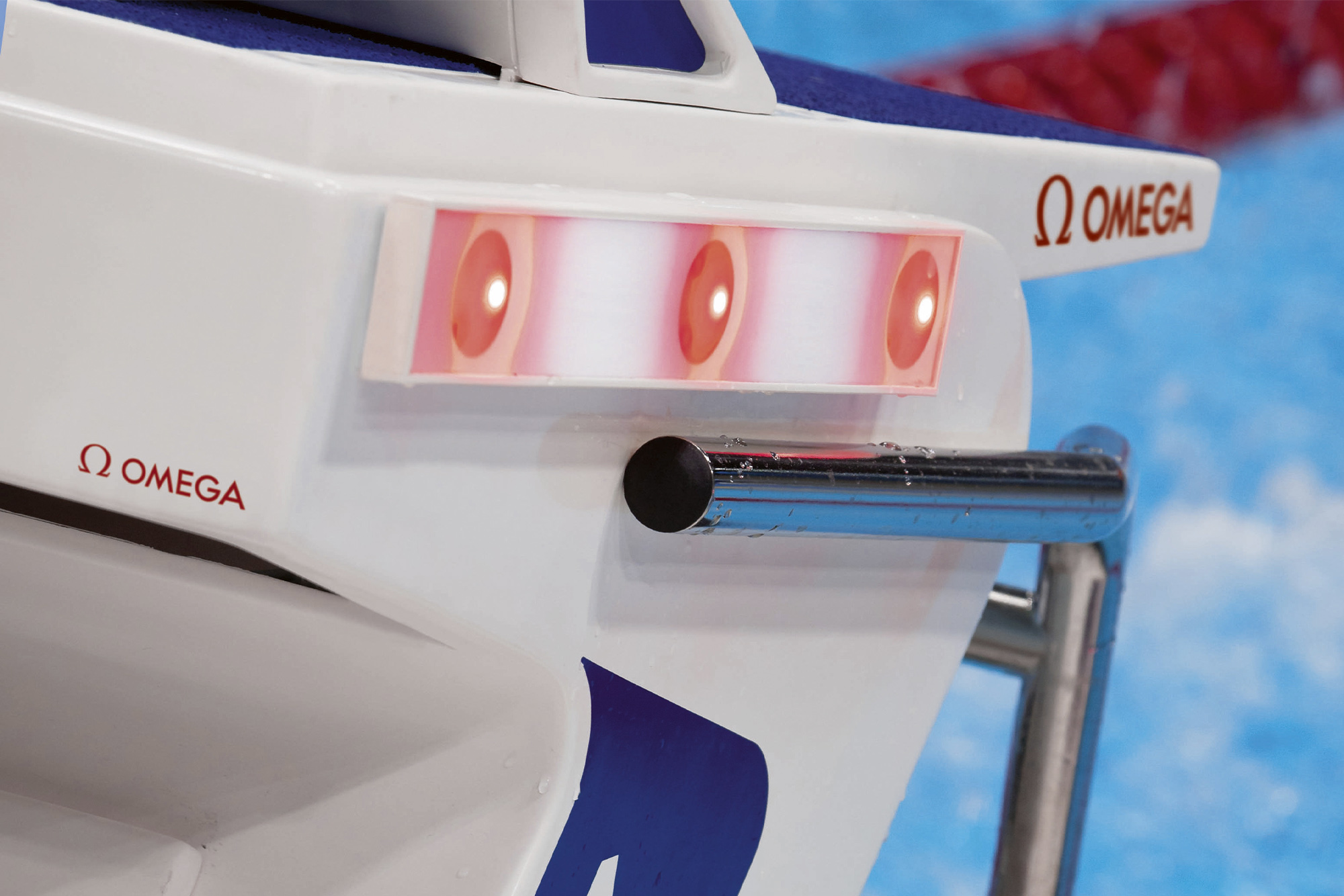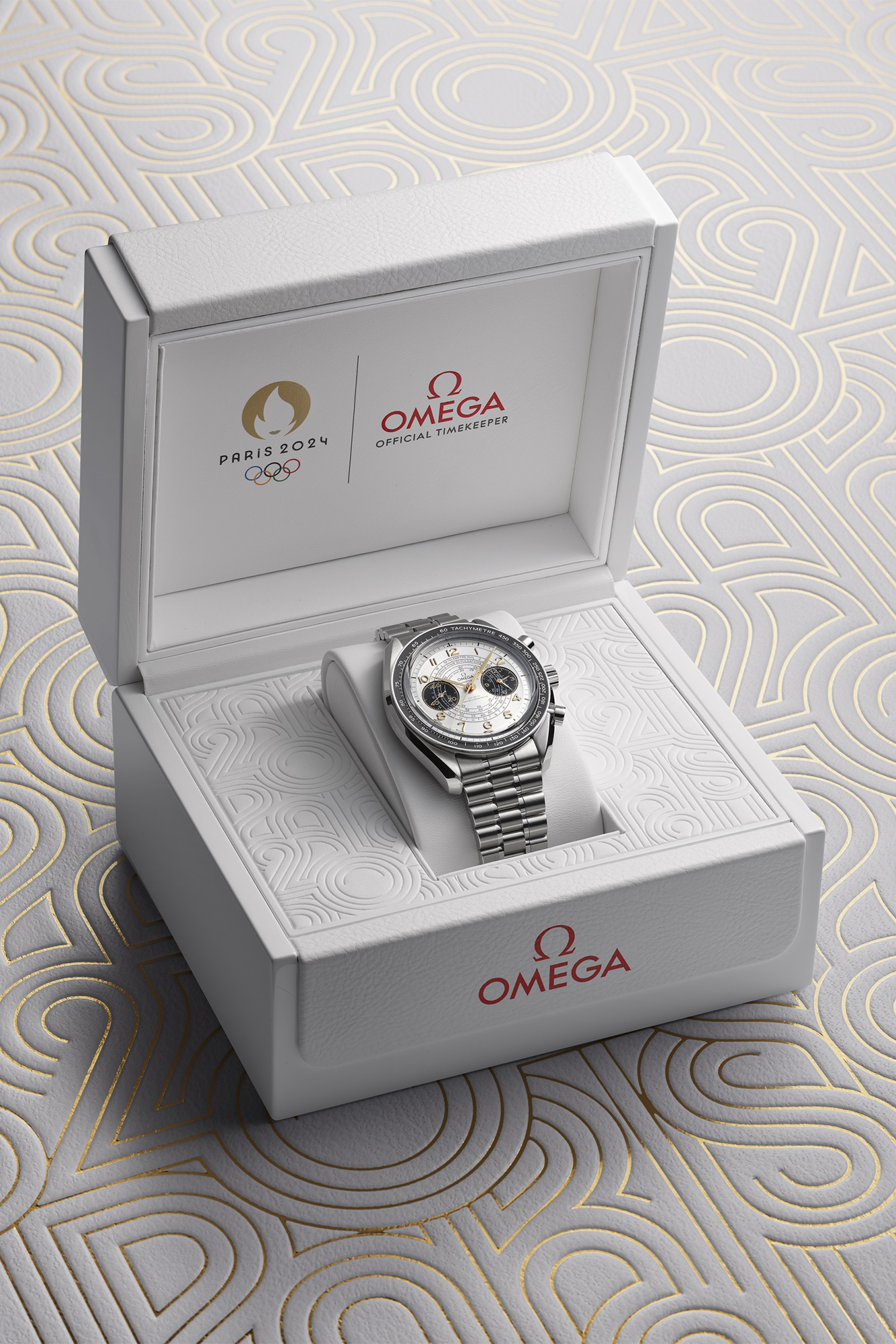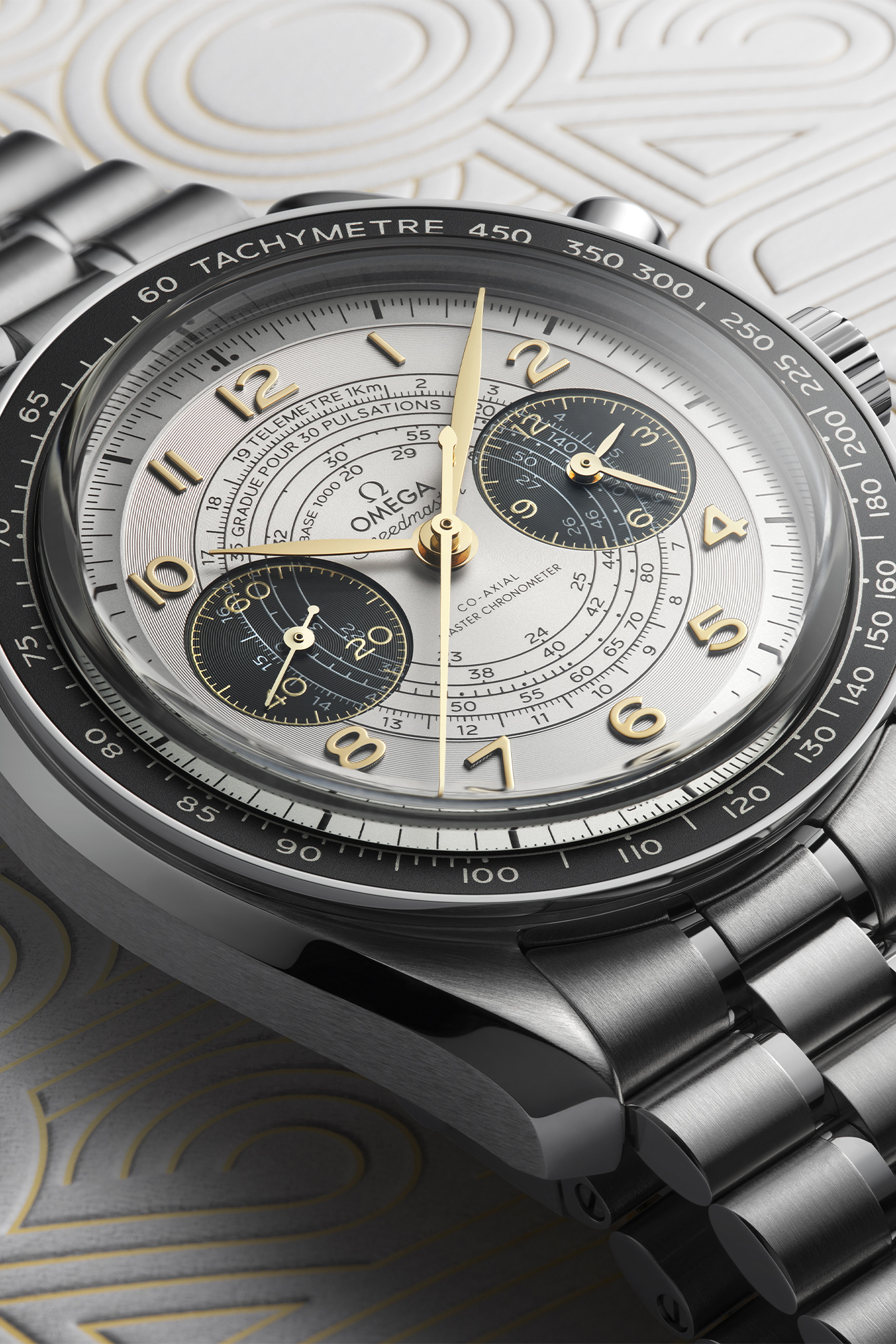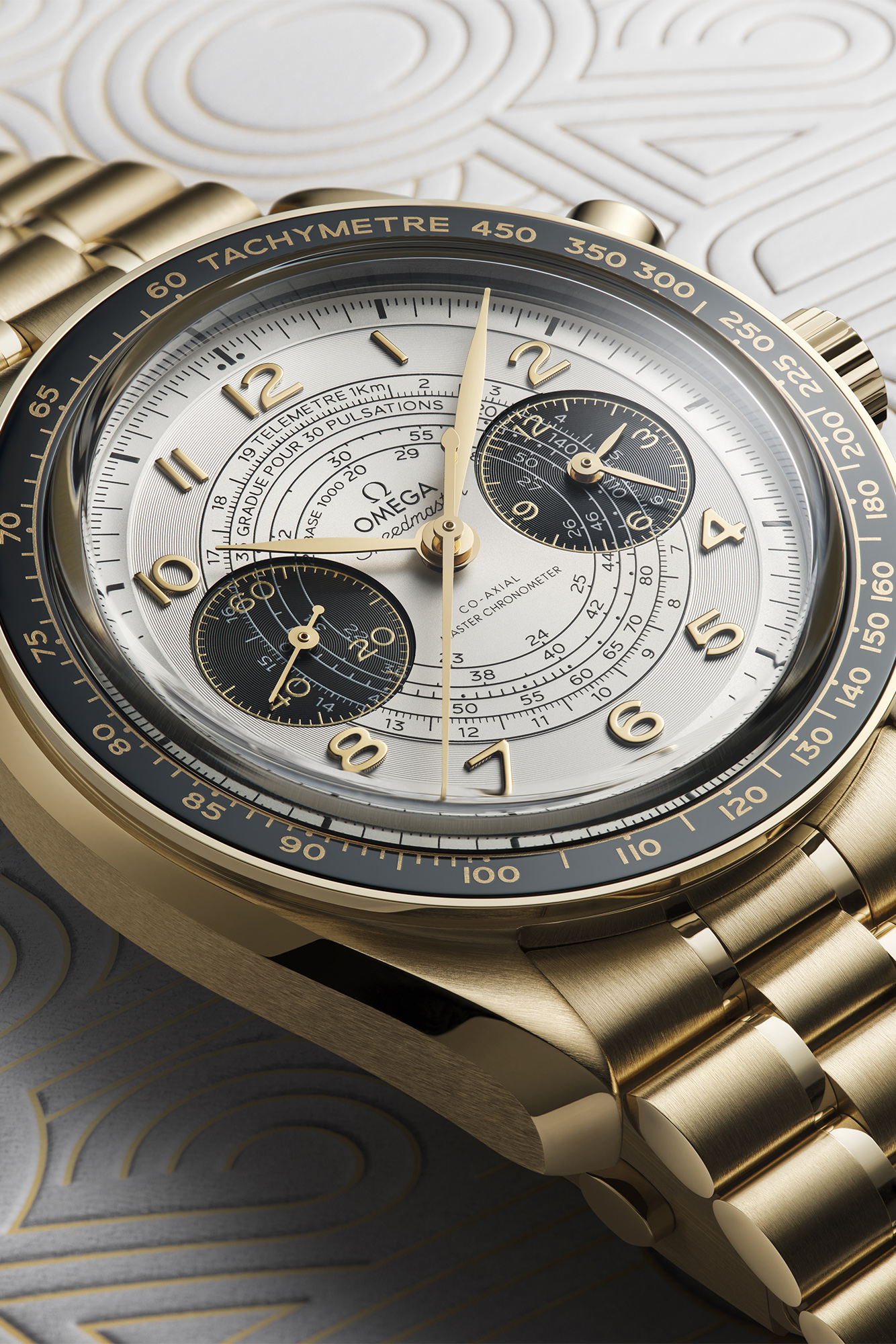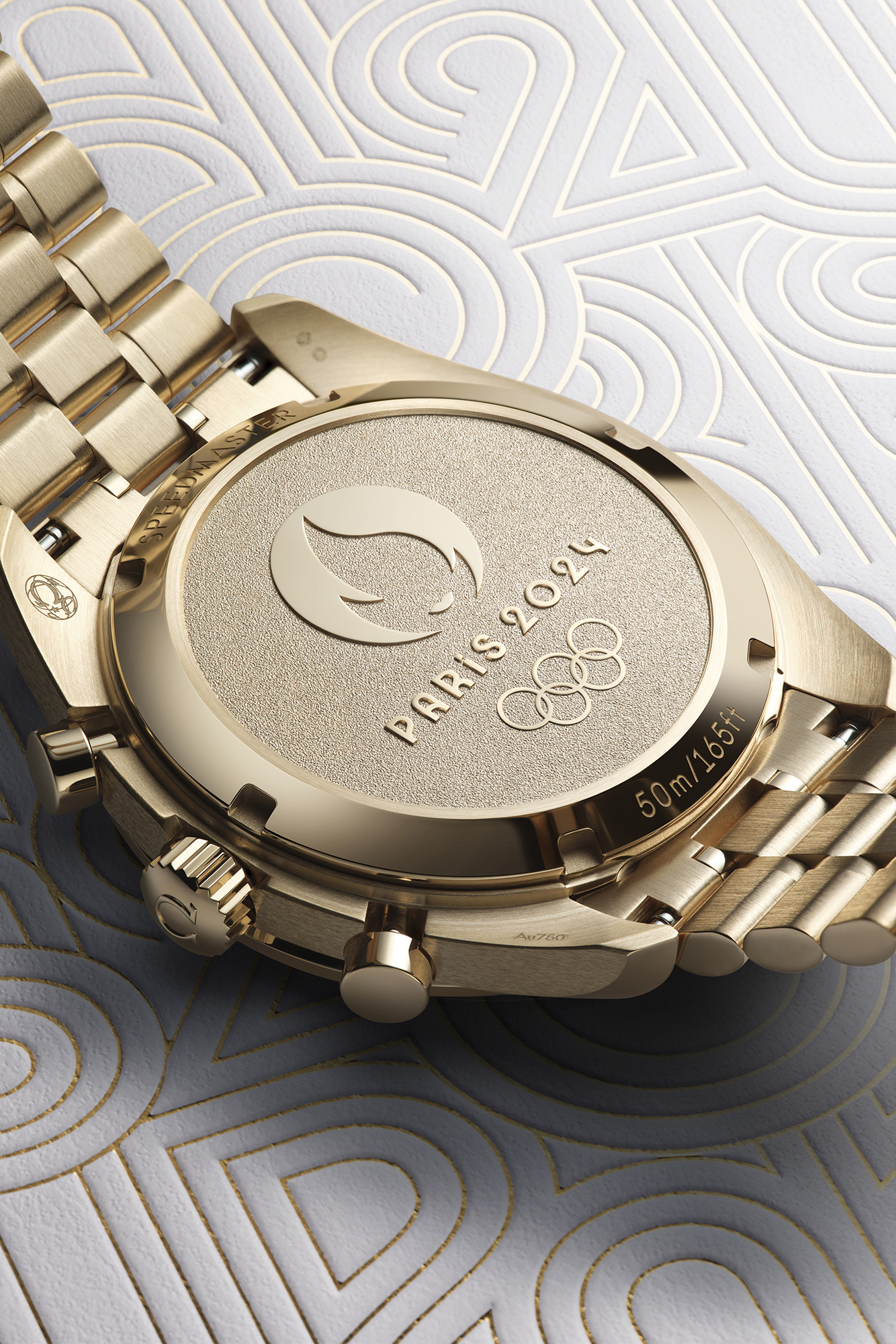Omega Brings a Legacy of Precision to the Paris 2024 Olympic Games
Over 500 timekeepers are headed to the 33rd Olympic Games.
The post Omega Brings a Legacy of Precision to the Paris 2024 Olympic Games appeared first on Sharp Magazine.
Whether it’s a pole vault, a swimming race, or a soccer match, every sporting event comes down to three essential elements: athletes, a field of play, and someone to keep score. At the Olympic Games, where a fraction of a second can mean the difference between glory and defeat, Swiss luxury watchmaker Omega has had the vital role of ensuring accurate timekeeping for nearly a century. This summer, when the world’s top athletes converge on Paris for the 33rd Olympic Games, they will be joined by 550 timekeepers from Swiss Timing, Omega’s competitive timekeeping division. With more than 350 tonnes of state-of-the-art equipment, ranging from touchpads and 4K cameras to kilometres of cables required to share their results with the world in real time, Omega will be responsible for keeping 42 Olympic events on track.
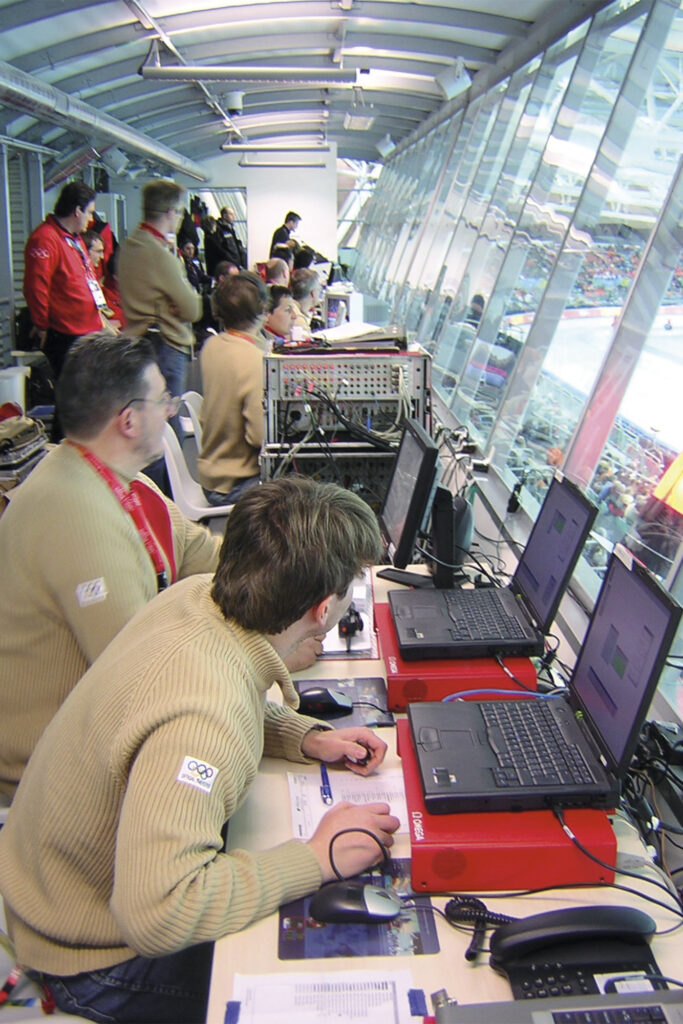
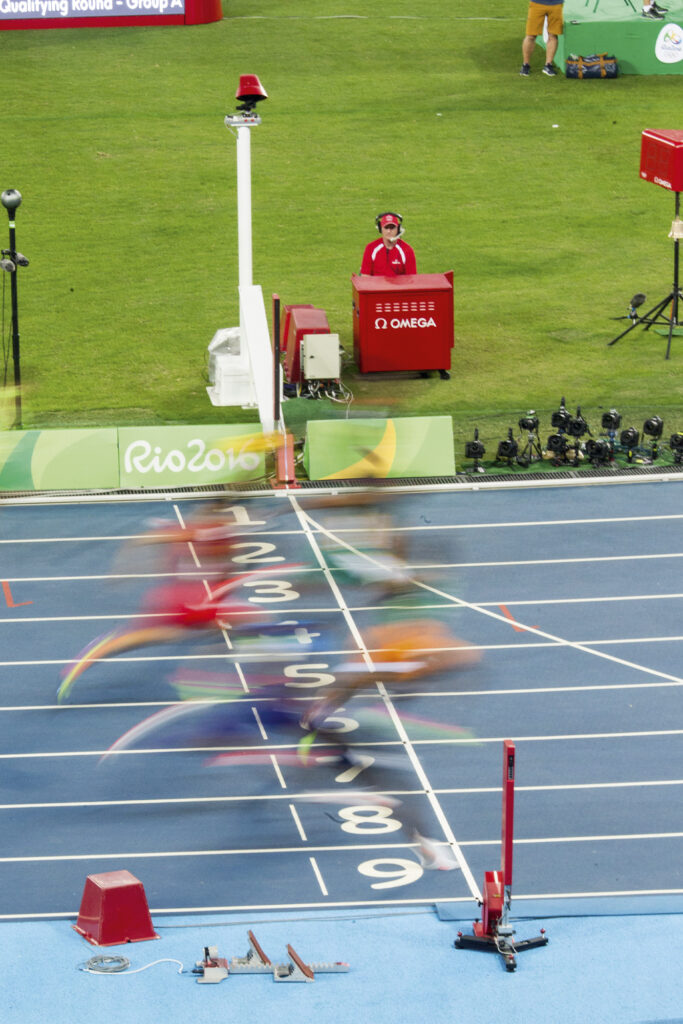
“The role of Official Timekeeper comes with a lot of responsibility,” says Alain Zobrist, the CEO of Swiss Timing. “We can’t make any mistakes. We can’t tell the marathon runners, ‘Sorry, please run again.’ ” In addition to timekeeping and scorekeeping, Zobrist explains, Omega provides the software systems used to collect this information and instantly distribute it to stakeholders around the world.
Omega is also responsible for creating and sharing the scorekeeping graphics found on every TV broadcast, an essential part of the Olympics experience for millions of viewers worldwide. “One could say that without us there would not be any Olympics,” Zobrist says. “It’s a role we’re very proud to have, and one we’ve fulfilled since 1932.”
Omega’s legacy as Official Timekeeper began when a single representative travelled from Bienne, Switzerland, carrying 30 chronometer-certified Omega stopwatches to time the 10th Olympic Games in Los Angeles in 1932.
“It was the first time that certified chronographs were used at the Olympic Games to measure athletes’ results,” says Zobrist. “Omega changed the game. Before this, every timekeeper brought his own stopwatch and no one had a clue whether each watch was accurate or functioning well.” Those 30 stopwatches would faithfully record the results of more than 100 events and 17 world records, further reinforcing Omega’s reputation as a maker of world-leading timepieces.
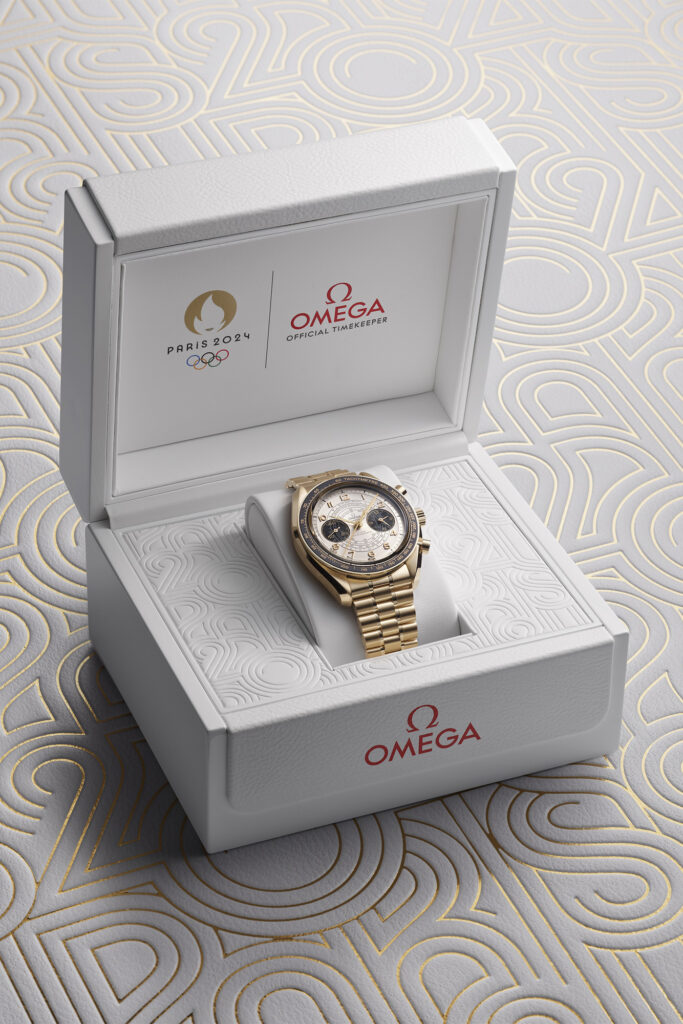
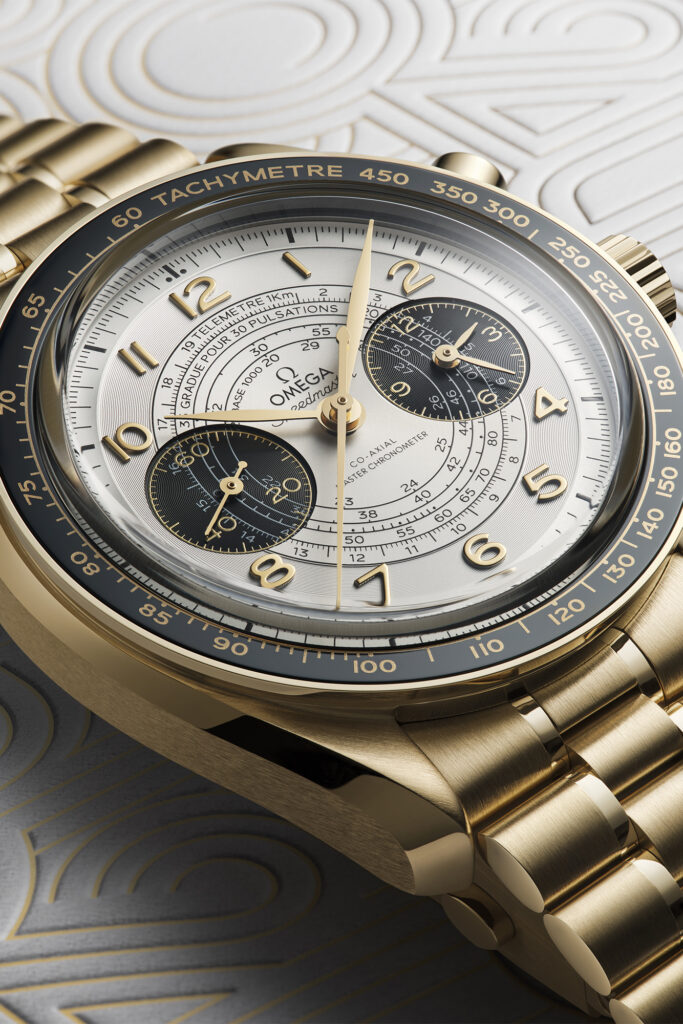
Over the next nine decades, Omega upheld its role as Official Timekeeper at every subsequent Olympic Games and continues to refine its equipment for ever-greater accuracy. At the St. Moritz Winter Olympics in 1948, the brand introduced another piece of game-changing timekeeping technology: the photo-finish camera. Also known as the photoelectric cell, this device used a highly reactive beam of light to measure the results of a race to within 1/1000th of a second, a major improvement over the finishing line tape it replaced.
The 1968 Mexico City Olympics was historic as the first Games to be held in Latin America, and the highest-altitude event in Olympics history, but it also marked a milestone for Omega as the first time that electronic timekeeping was officially used in all sports. “That was the kickstart of electronic timekeeping systems replacing manual stopwatches,” adds Zobrist. “Not only did it make the competition more fair, it captured differences that humans could not see with the naked eye, and removed human reaction times from timekeeping.”
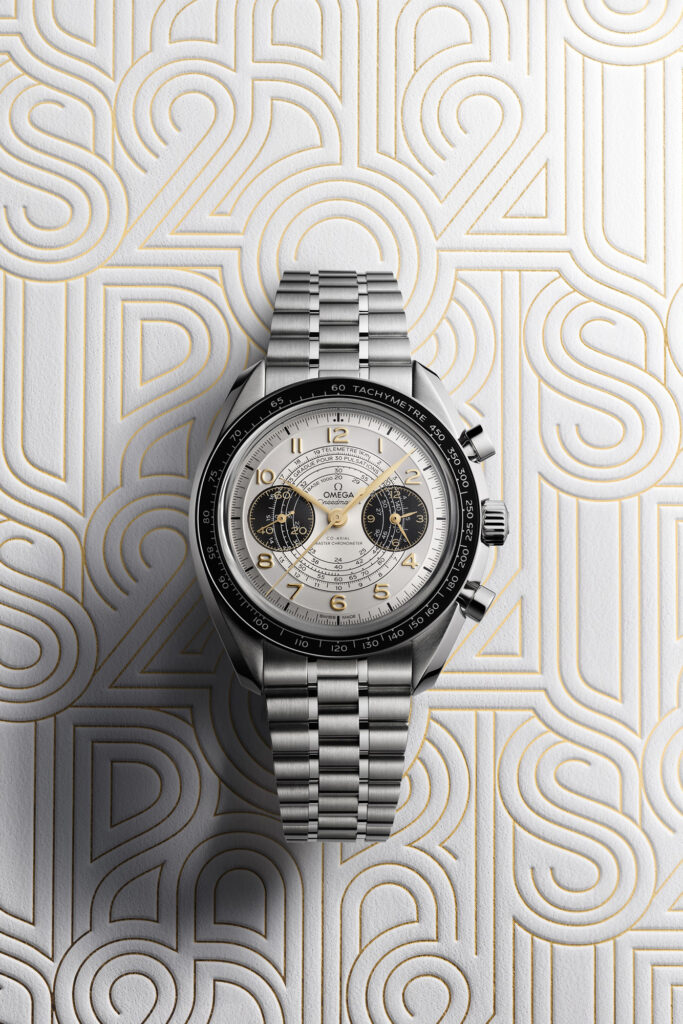
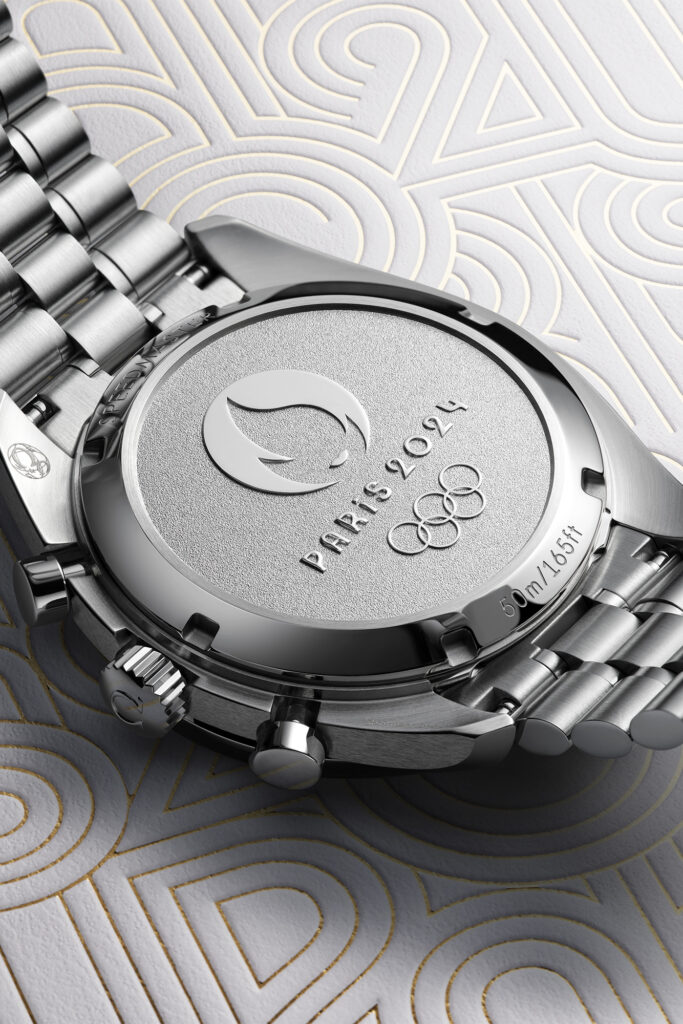
Omega’s timekeeping technology has only become more sophisticated in the digital age. Omega became the first sports timekeeper to offer real-time internet results at an Olympic Games in 2000, used transponder chips to time speed skaters at the 2006 Turin Games, real-time GPS mapping for the marathon event at the 2008 Beijing Games, and introduced a new electronic starting pistol at the 2010 Games in Vancouver. At the 2020 Games in Tokyo, Omega raised the bar yet again with the Omega Quantum Timer, a next-gen stopwatch that’s accurate to one-millionth of a second.
This summer, Omega will time track and field events with a new finish-line camera capable of shooting 40,000 images per second. Advanced instruments such as these help Zobrist and his teammates perform their duties with even more precision, but everything they do always comes back to one thing: helping the athletes live out their dreams.
“I think this is one of the most rewarding parts of our jobs when we go to sporting events and see the emotions of the athletes,” Zobrist says. “We see the athletes’ journeys and we know that we’re behind them, recording their Olympic dreams.”
The post Omega Brings a Legacy of Precision to the Paris 2024 Olympic Games appeared first on Sharp Magazine.

